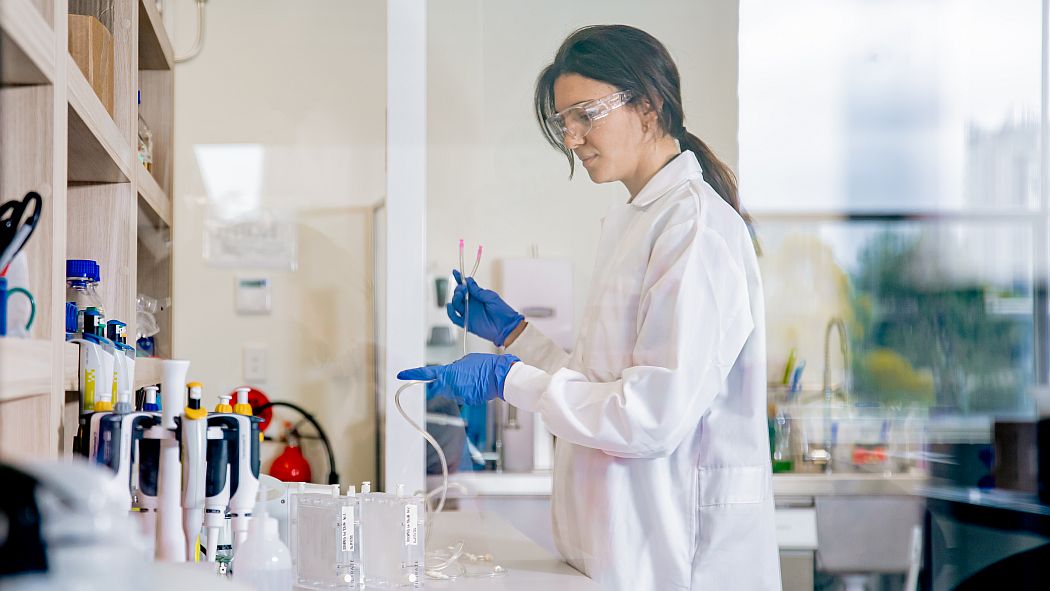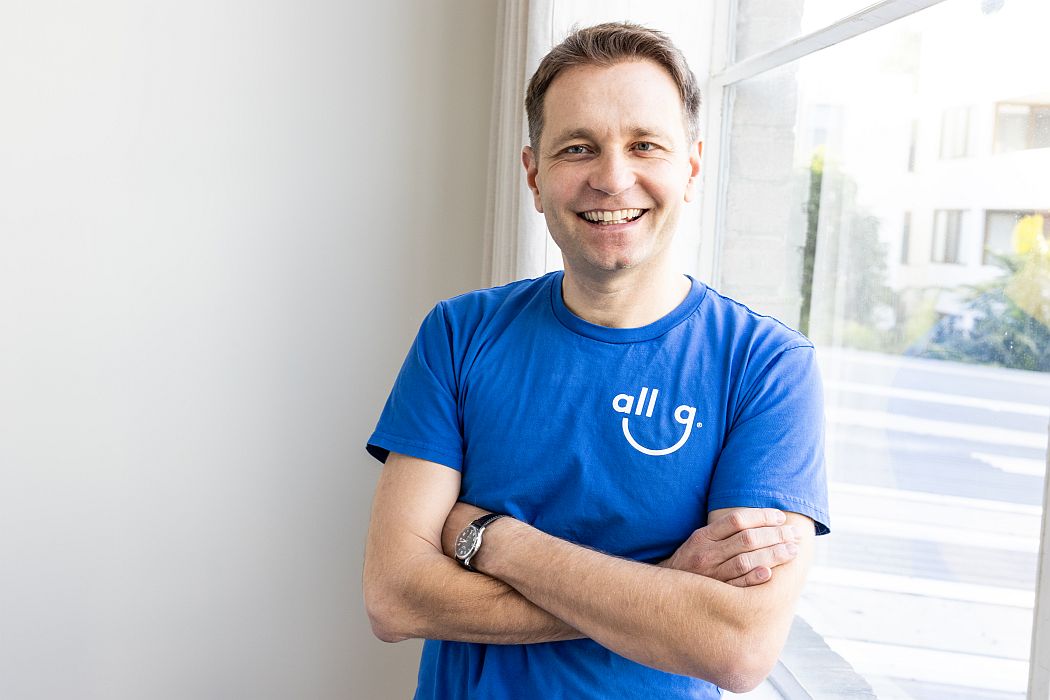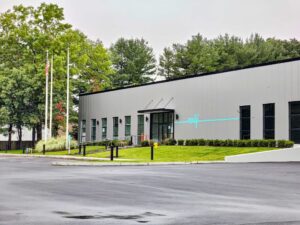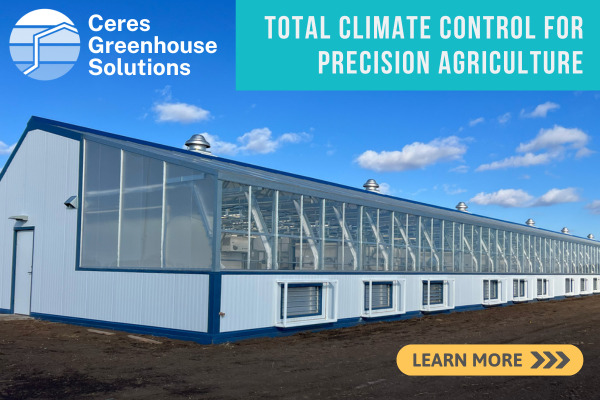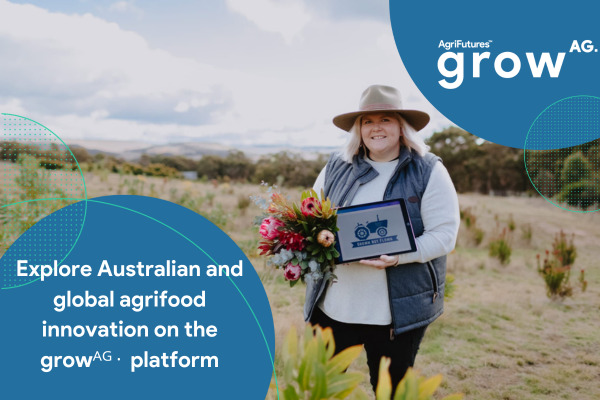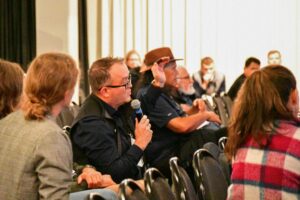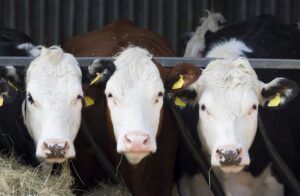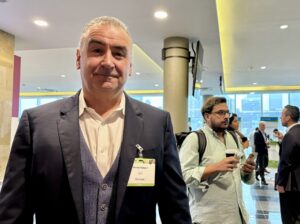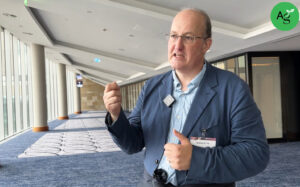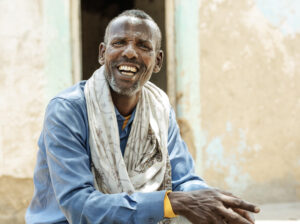If you’re going to make dairy proteins via precision fermentation, it makes sense to start with the highest value ones, says Sydney-based All G, which is aiming to launch bovine lactoferrin early next year followed by human lactoferrin in 2026, with casein proteins to follow.
All G was founded in late 2020 by Jan Pacas (CEO), cofounder of Australia’s largest online pet care marketplace Mad Paws (which went public in 2021) and HR software startup Flare (sold to MYOB in 2022). He was joined the following year by molecular biologist Dr. Jared Raynes (CSO), who first started working on producing phosphorylated beta casein proteins via microbial fermentation a decade ago at Australia’s national science agency CSIRO.
And in an environment where many investors have gotten their fingers badly burned by starry-eyed founders who have overpromised and underdelivered, All G is entering this space very clear-eyed, Pacas tells AgFunderNews.
“I’ve built two profitable companies offering significant value creation for investors and that’s exactly how I’m approaching this. First you own a highly profitable niche at a high price point before you go gradually down. Our logic is, whatever product we launch, it’s going to be with a positive margin; it has to be profitable.
“In cellular agriculture, there’s been too many examples where people are selling with a negative margin, and that’s not us. So we’re launching bovine lactoferrin with 99%+ purity as our first product next year, with human lactoferrin later.”
For casein proteins, which is a lower margin but higher volume market, he says, “We’ll see if we get there in 2026 for some high-end applications; we’re very confident we can make caseins at the required price points, but we’re not there yet.”
Bovine lactoferrin: Market could expand dramatically with new source of supply
An iron-binding anti-microbial protein found in mammalian milk, lactoferrin has benefits around immunity, iron regulation, digestive health, endurance, and muscle strength, but has historically only been available in small quantities owing to the costs and challenges of isolating it from milk (thousands of liters are required to make a single kilo).
By producing lactoferrin in fermentation tanks using genetically engineered microbes All G and others in this space such as TurtleTree, FrieslandCampina Ingredients (bovine lactoferrin) and Helaina (human lactoferrin) are seeking to unlock new markets in adult nutrition to performance nutrition.
“For bovine lactoferrin, we are totally there in terms of positive unit economics, and we’re just so excited in terms of how much bigger we can make the market [by unlocking a new source of supply],” says Pacas.
There are four major market segments to target with bovine lactoferrin, which All G expresses in genetically engineered strains of Pichia yeast, he says. “Obviously, the biggest one is infant formula, but that’s not what we’re starting with because the regulatory approval is more complicated, but the others are adult nutrition, nutraceuticals, and cosmetics and personal care applications.”
According to Raynes, who was dairy team leader at CSIRO, “We’ve had conversations with big players and they said, if you can give us this price, we will start putting it in yogurts and other mainstream applications, which they just can’t at the moment with current prices. And we’re going to be able to achieve prices where they say, Okay, we could really open the market for lactoferrin.”
Regulatory and scaleup plans
From a regulatory perspective, Pacas says All G is “a few months away” from achieving self-GRAS (Generally Recognized as Safe) status in the US and hopes to secure a coveted ‘no questions’ letter from the FDA next year. It is also seeking approval in a “really large Asian market.”
On the manufacturing front, All G is working with contract manufacturing partners including US based Liberation Labs, which is building new fermentation capacity in Indiana, and Australia-based Cauldron, which is building a facility in Queensland, he says.
“Liberation Labs is a scale up partner for us and will be ready in the middle of next year, but there’s a number of other CMOS we’re in discussions with. Plus we’re not excluding that in a few years, we might have our own dedicated facility as well.”
According to Pacas, All G has signed “a number of partnerships with global companies including [German ingredients company] Döhler [an investor in All G via Döhler Ventures], which has built a pilot plant for us in Germany and will help us with distribution; and Woolworths [also a shareholder via venture arm W23].”

Casein proteins
All G is planning to launch casein proteins after lactoferrin, says Raynes, who uses phosphate and calcium to trigger recombinant casein proteins [made by microbes, not cows] to self-assemble into micelles, the structures formed naturally in cow’s milk that create the functionality customers expect from dairy.
While other startups such as DairyX and New Culture have created casein micelles, he says, All G precisely replicates the process taking place in a cow, in which casein undergoes post-translational modifications that impact the formation and stability of casein micelles and can significantly alter their functionality in food applications.
“I’ve been working with Dr. Carl Holt [a leading academic in casein research] for over a decade now. I started making recombinant casein proteins in 2013 before Perfect Day was incorporated [as Muufri in spring 2014]. This was all around fundamental research done at the CSIRO.
“If you want to form a casein micelle, your caseins need to be phosphorylated, so they’re binding calcium and phosphate and forming this amazing structure. And so we have some really fundamental background IP on producing phosphorylated caseins inside the cell, and on how to assemble them both into native micelles and completely novel micelles for different applications.”
Raynes adds: “We’ve got casein micelles we’ve made that have been sitting on my desk since May 2022 and they’re still stable and still soluble because they were properly formed. One of the things that really differentiates us is this foundational recombinant casein phosphorylation work. We’ve also proven that you can produce a stable casein micelle with just one casein protein, which was thought to be impossible.”
So what does this mean for food companies?
According to Raynes, “We’re talking to many large dairy companies and asking, ‘What problems do you have that traditional dairy isn’t solving for you?’ Do you want to make this kind of cheese with this texture? We can design casein micelles around that.
“We have an algorithm that Dr. Holt produced enabling us to come up with a recipe on how we’re going to form a casein micelle for a particular application. We can make large micelles, small micelles, really concentrated protein solutions, it’s a customizable process.”
When it comes to markets for recombinant or ‘animal-free’ casein proteins, he says, for some potential customers it’s about food security and de-risking supply chains, while for others it’s about reducing scope 3 emissions. Other buyers may be looking for specific functional or health benefits from tailored products that feature one or more individual casein proteins.
Investment landscape
To date, All G has raised around AUD45 million ($30 million) from investors including Döhler Ventures, Agronomics, Woolworths’ venture arm W23, and Clean Energy Finance Corp, and is currently raising a bridge round ahead of a bigger round in 2026, says Pacas.
“There are always peaks and valleys in every cycle. The peak was in 2021 when we started the company. The valley was probably six to 12 months ago. But broadly in alternative proteins a lot of investors have been burned, so it’s only normal that it takes time to recover for those funds to kind of recycle their internal returns.”
